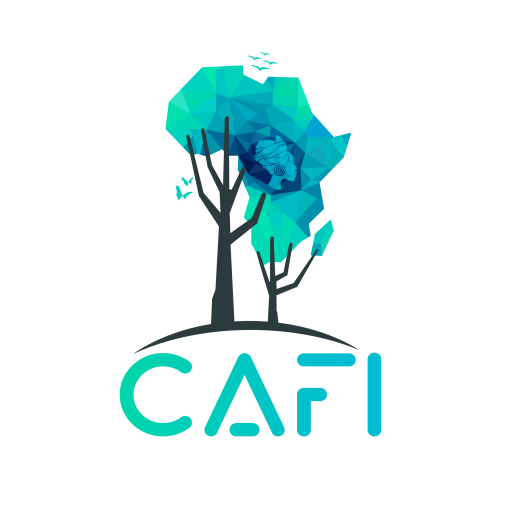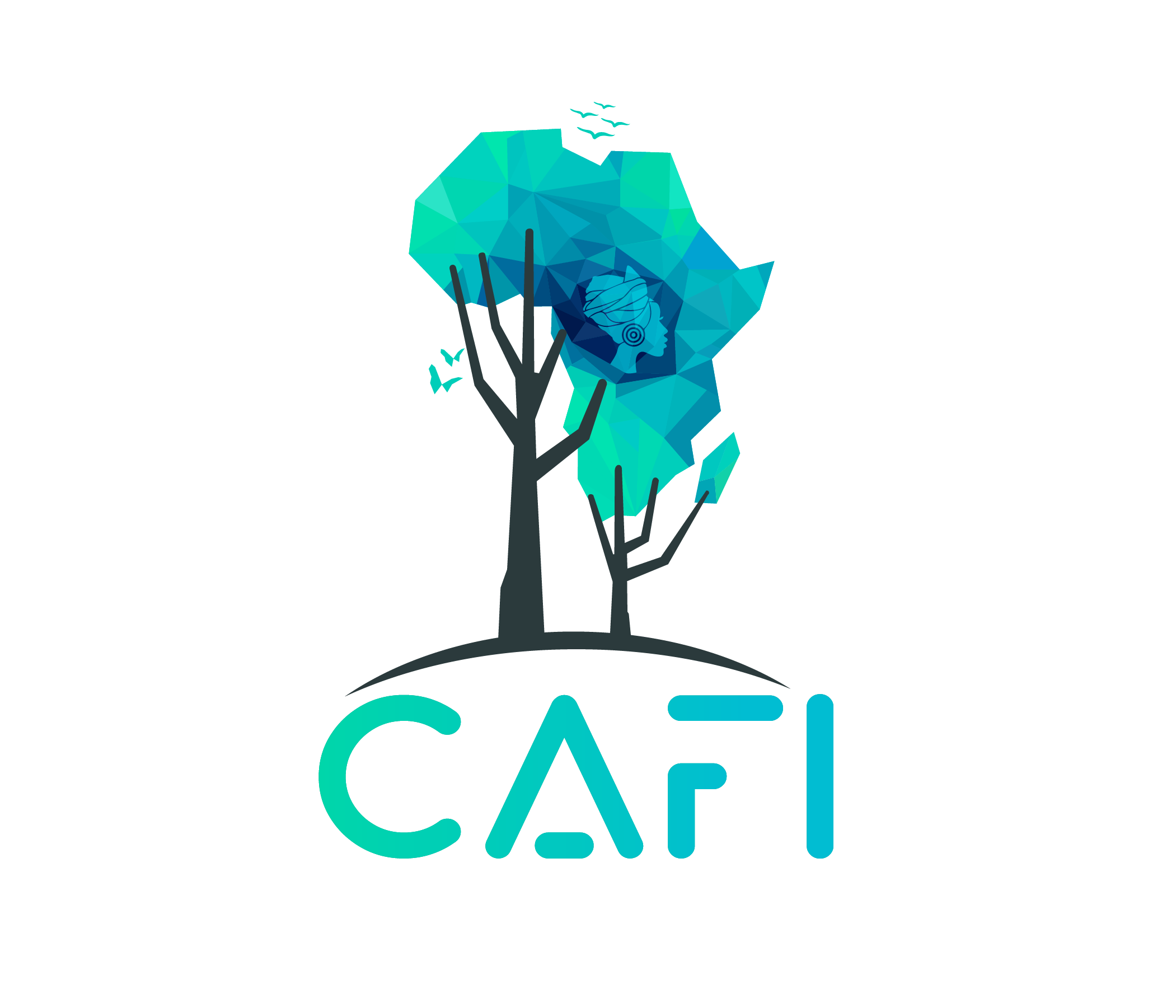13 July 2020
CAFI raises its ambitions on gender mainstreaming following progress across the programme portfolio
Gender mainstreaming and women’s empowerment was a hot topic during CAFI’s last Executive Board meeting, where the Board decided to scale up efforts to give gender a stronger focus across all new and current programmes. With this, CAFI recognizes the need to amplify women’s and other marginalized group’s voices and influence so they can become active agents of change towards sustainable development and poverty reduction in the region.
Including women and other vulnerable groups in sustainable forest management
Sustainable food production is an essential part of the solution to reduce pressure on forests. In Central Africa, women account for approximately 70% of the population that works in agriculture and contribute considerably to the management of forests through agroforestry. It is therefore crucial that their knowledge and perspectives on sustainable development and forest management are heard. However, social, economic and cultural inequalities within the forest sector continue to limit women’s and other marginalized groups such as youth, indigenous, poor and/or disabled people’s ability to benefit from forest-related investments and participate in relevant decision-making that impacts their lives and the forests.
Integrating gender in programming work
To tackle gender inequalities and drive women empowerment, all CAFI’s programmes are evaluated on efforts to make programme planning and activities gender responsive, based on a Gender Marker System developed by the UN-REDD Programme in 2018. What does this mean in practice, and what has been achieved so far?
In 2019, CAFI’s gender target was met : more than 15% of CAFI-funded programmes were assessed as gender-responsive.
Gender-responsiveness here means a programme includes gender issues in its design and has budgeted, mobilized expertise and reported how women, men and marginalized groups will be affected differently by – and approached to participate in – programme activities.
A “gender-sensitive” assessment means that a programme meets at least one of these four criteria, while “gender-blindness” means that the program responds to none of them.
What does gender responsiveness look like?
In total, three programmes were assessed as gender responsive:
- The DRC FONAREDD civil society support programme hired a gender expert to put in place an action plan on gender
- The DRC FONAREDD Mai Ndombé Provincial integrated programme will launch an action plan on how to tackle gender-based violence this year
- The Equatorial Guinea support programme on the development of a National REDD+ Investment Framework ensured that a substantial share of women participated in workshops, were consulted and took part in specific discussion fora of women – and duly documented and reported such data.
A full description of the gender performance of all programmes is found in the CAFI 2019 Annual report.
Ambition of further gender mainstreaming
The CAFI Executive Board has now committed to further contributing to strengthen women’s empowerment in the region by doubling its gender target to ensure that at least 30% of CAFI-funded programmes become gender-responsive, and that 20% of programmes meet 3 criteria out of 4. To succeed, efforts to improve the implementation of the UN-REDD Gender Marker System and engagement with partners on this issue will be scaled up.


